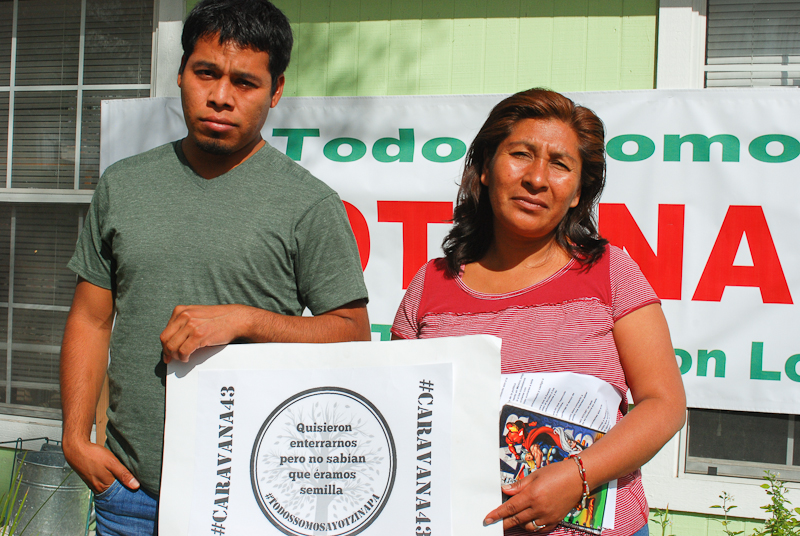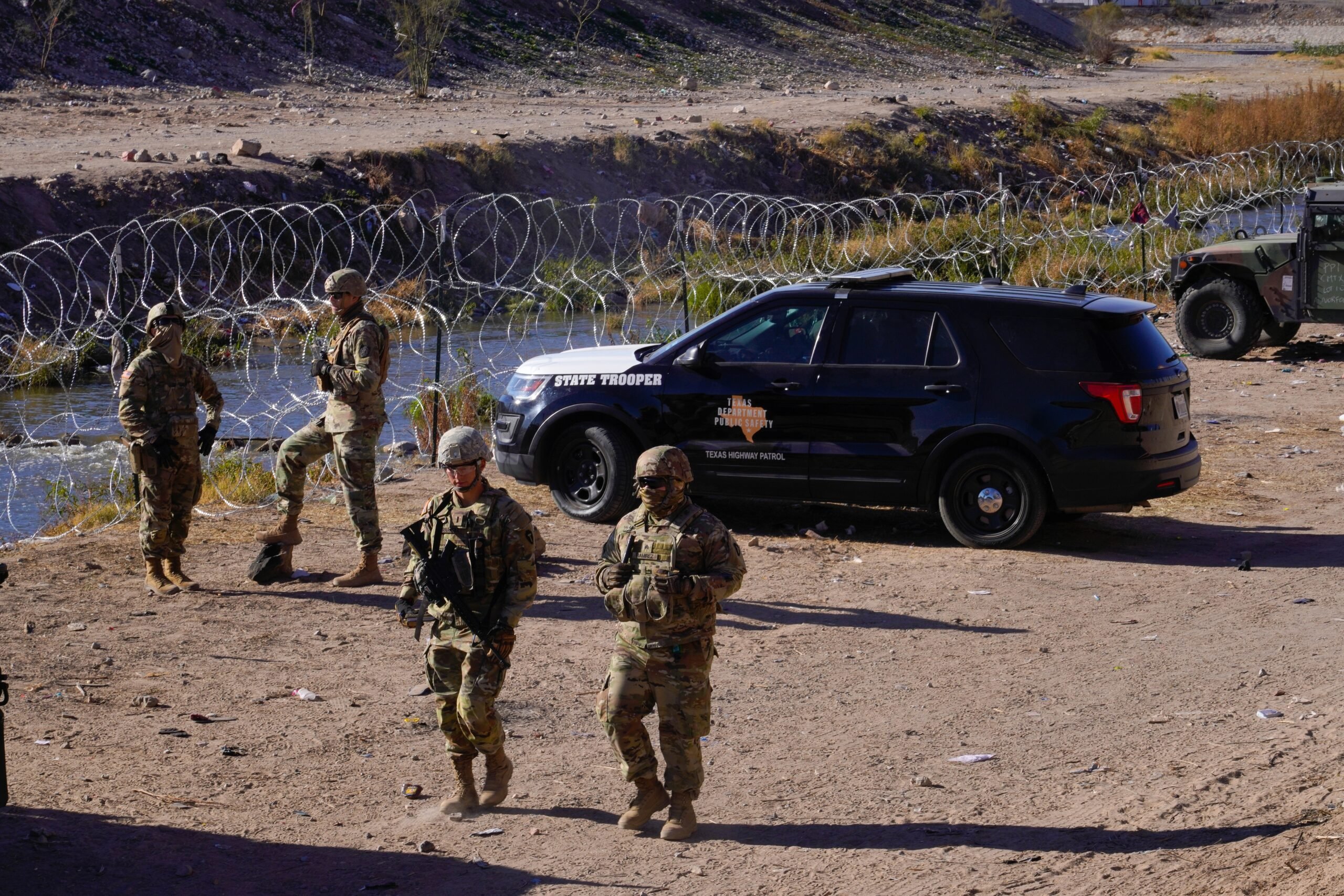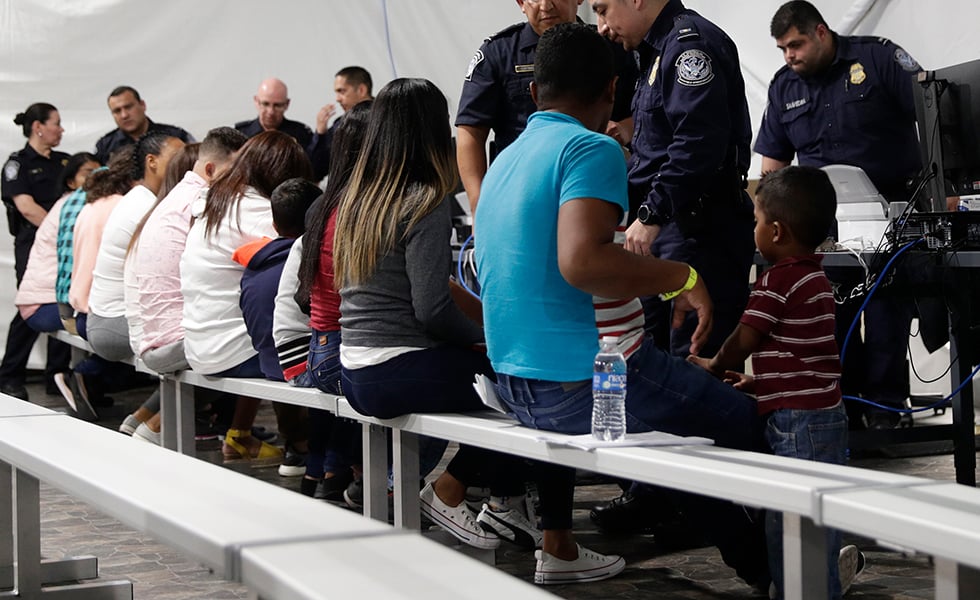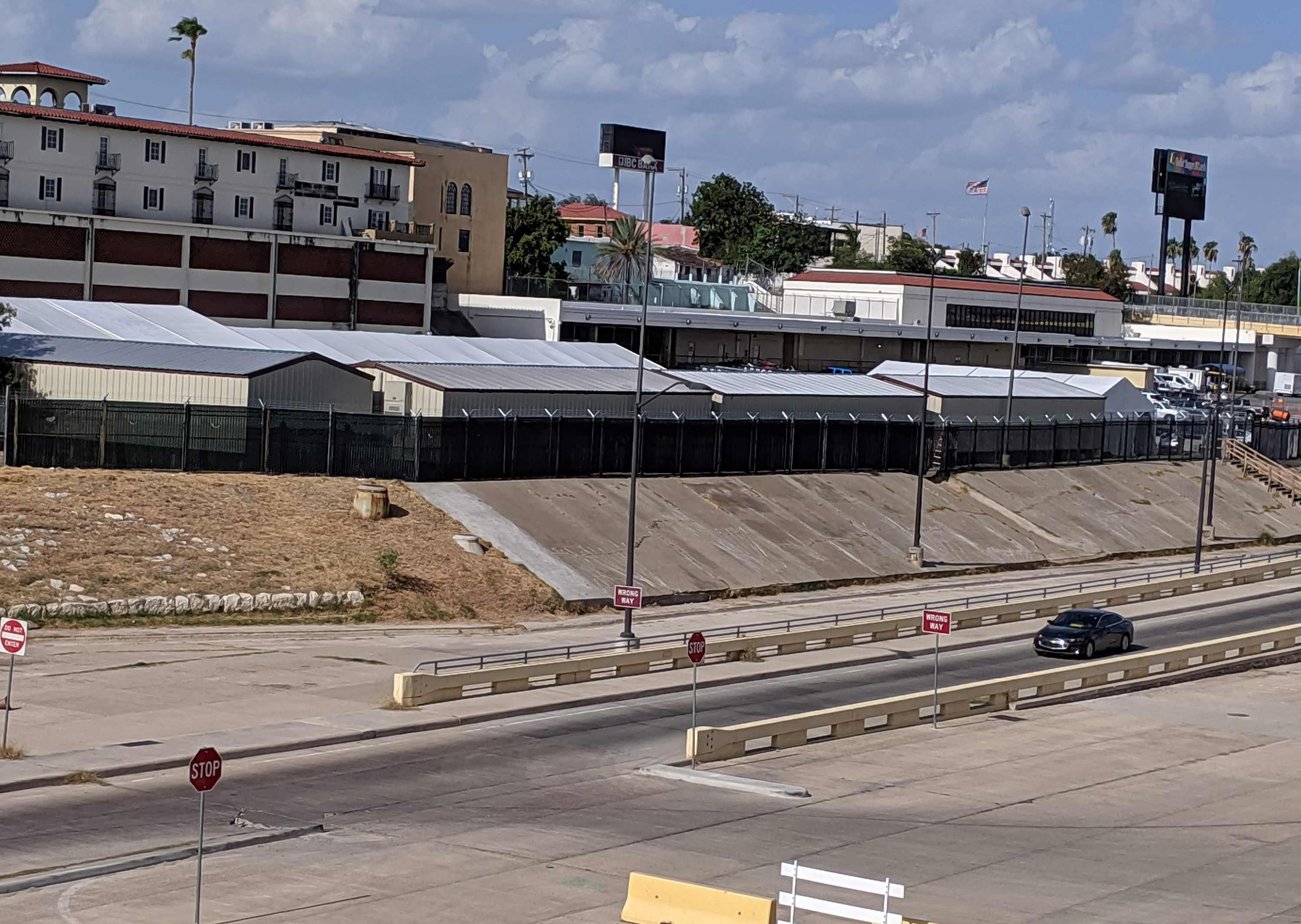
Families of the ‘Ayotzinapa 43’ Seek Justice on U.S. Tour
“I am Maria de Jesus of Tlapa, Guerrero, and I am here to ask for your help.” The mother of three stood before state Rep. Celia Israel (D-Austin) and about 15 legislative staffers in a hearing room early Thursday at the Texas Capitol.
Maria de Jesus Tlatempa Bello had come more than 1,110 miles from her home in Guerrero, Mexico, to tell the story of her son, Jose Eduardo, one of the Ayotzinapa 43. On the night of Sept. 26, police in Iguala, Guerrero, opened fired on the three buses he and other students of the Ayotzinapa Normal School were riding in, and then kidnapped 43 of the students, including Jose Eduardo.
Maria de Jesus has been looking for her 19-year old son ever since. Meanwhile, Mexicans have been searching for answers about the fate of the 43 students. “They were taken alive, we want them back alive” has become a national rallying cry, even though federal prosecutors insist the students were burned to death in a garbage dump.
The truth, like many cases of forced disappearance and violence in Mexico, has been hard to find, obscured by cynical political theater and deliberate misinformation. But it is clear that elected officials were involved in the disappearance of the students.
The mayor of Iguala and his wife are in jail facing allegations they ordered the attack on the Ayotzinapa 43 over fears that the students, with their long tradition of radical politics, would interfere with the wife’s bid for office. The governor of Guerrero has resigned under pressure from the public.
The federal government’s callousness toward the the victims’ families, and its refusal to conduct a transparent investigation, has helped spark a massive protest movement in Mexico and around the globe. The fallout from the Ayotzinapa atrocity has also become a political and public security crisis for Mexican President Enrique Peña Nieto. Human Rights Watch has called it the worst human-rights crisis facing Mexico since soldiers massacred unarmed students at Tlatelolco in 1968.
Maria de Jesus and 24-year old Omar Garcia, an Ayotzinapa student who survived the police assault, arrived in Austin Tuesday on the Caravana 43. Organized by a coalition of grassroots organizations in the United States, they are traveling across the U.S. to raise awareness about the growing number of disappearances in Mexico and to put pressure on the Mexican government to find the 43 students.
“We’ve had enough,” Maria de Jesus said. “We’re tired of the kidnappings, the murders and disappearances. The Mexican government doesn’t help, it only abuses its power. We come here to ask for your help because we know the U.S. gives Mexico a lot of funding. Some of that money goes to pay the police, the military to fight the drug cartels. But this money is being used to repress the people, not fight the drug cartels.”
The two were invited to the Capitol by Rep. Israel (D-Austin) and state Rep. Eddie Rodriguez (D-Austin). Afterward, state Sen. Sylvia Garcia (D-Houston) presented a memorial resolution on the Senate floor to the families of the 43 students.
The caravan, which began on March 15 in McAllen, is one of three criss-crossing the United States. All three caravans will converge in Washington, D.C. for meetings with Amnesty International and other human rights organizations, according to Julio Cesar Guerrero, a community organizer from San Antonio and a national coordinator for Caravana 43.
Guerrero says the U.S. coalition brought 15 family members and students from Mexico to participate in the three caravans. “There aren’t just 43 students missing,” he said. “There is at least 23,000 people forcefully disappeared in Mexico. They have become a symbol of thousands of deaths because of the senseless war on drugs.”
In the legislative hearing room at the Capitol Thursday, Omar Garcia told legislative staffers that he is lucky to have survived the brutal attacks in Iguala. “We are very happy that the voice of Ayotzinapa is resounding around the whole world. This case has gotten a lot of attention but it still has not been resolved. Imagine what happens with the other cases that receive less attention. Just in Iguala, 600 families are searching for missing family members. Our task is to not only seek justice for ourselves but others violated in Mexico.”
Rep. Israel said she was thankful for the caravan visit. “Maria de Jesus is taking a big risk being here and being critical of the Mexican government,” she said. “You have incredible strength to have gone through all of that and to be here today.”
Omar Garcia said some parents have been killed in Mexico for refusing to give up the search for their children. “We worry that that could happen to some of the parents of the 43 students,” he said. “But we will continue knocking on doors and urge the Mexican government to do an honest investigation of what happened. We refuse to accept that our classmates are dead.”


